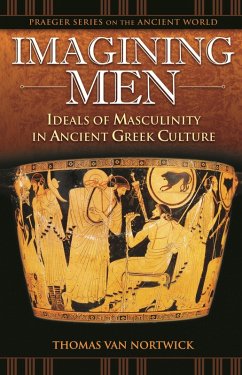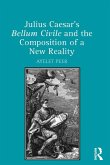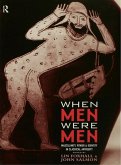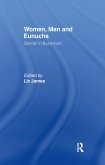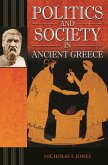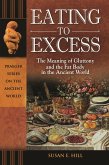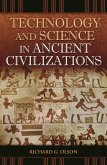Exploring models for masculinity as they appear in major works of Greek literature, this book combines literary, historical, and psychological insights to examine how the ancient Greeks understood the meaning of a man's life. The thoughts and actions of Achilles, Odysseus, Oedipus, and other enduring characters from Greek literature reflect the imperatives that the ancient Greeks saw as governing a man's life as he moved from childhood to adult maturity to old age. Because the Greeks believed that men (as opposed to women) were by nature the proper agents of human civilization within the larger order of the universe, examining how the Greeks thought that a man ought to live his life prompts exploration of the place of human life in a world governed by transcendent forces, nature, fate, and the gods. While focusing on the experience of men in ancient Greece, the discussion also offers an analysis of the society in which they lived, addressing questions still vital in our own time, such as how the members of a society should govern themselves, distribute resources, form relationships with others, weigh the needs of the individual against the larger good of the community, and establish right relations with divine forces beyond their knowledge or control. Suggestions for further reading offer the reader the chance to explore the ideas in the book.
Bitte wählen Sie Ihr Anliegen aus.
Rechnungen
Retourenschein anfordern
Bestellstatus
Storno

